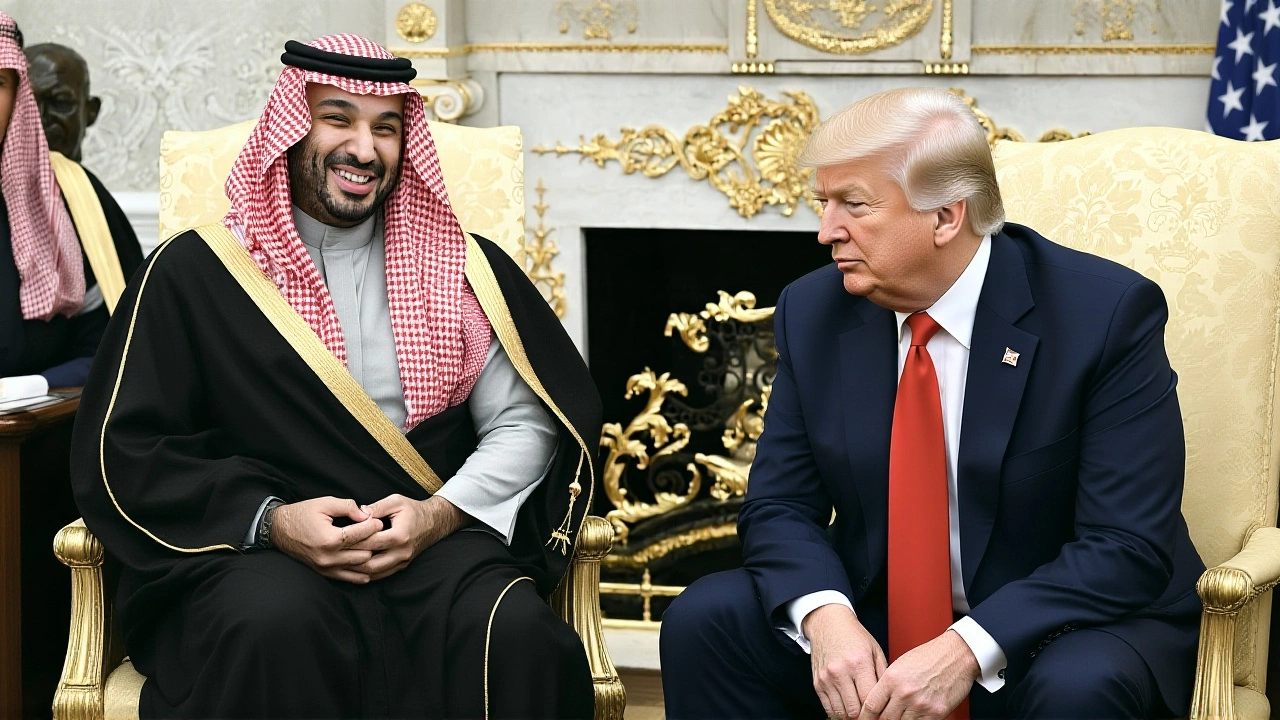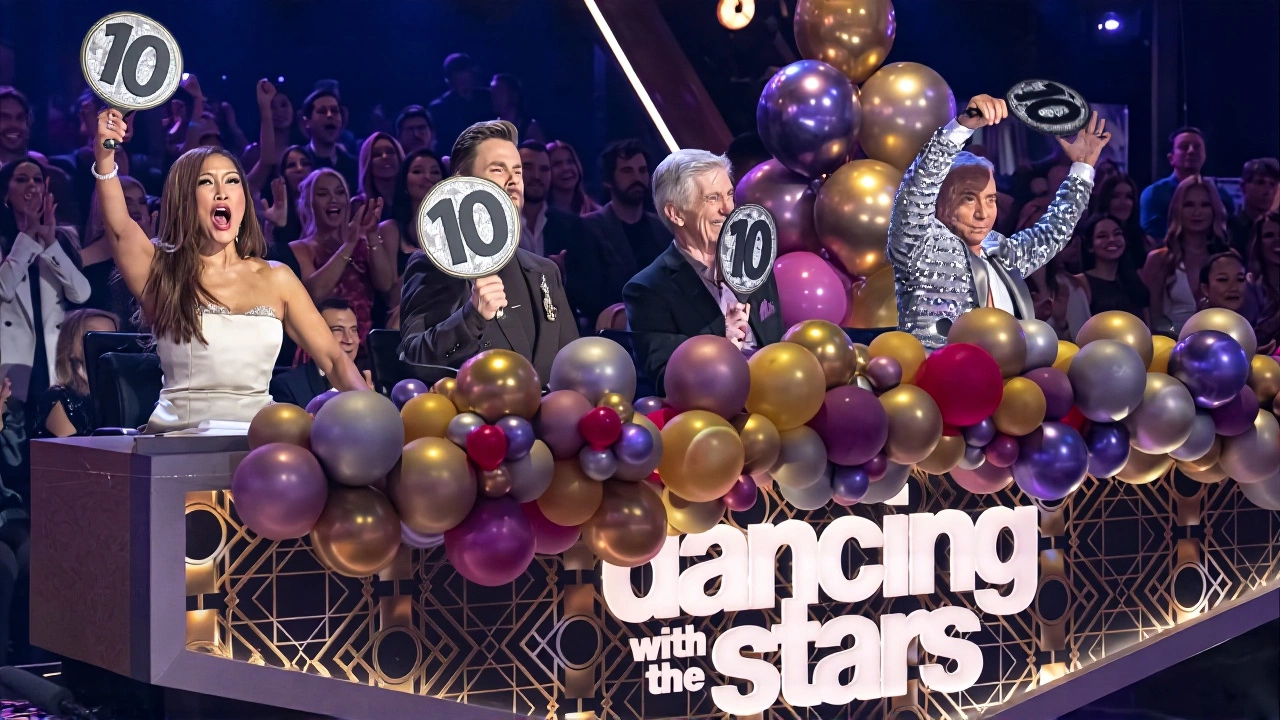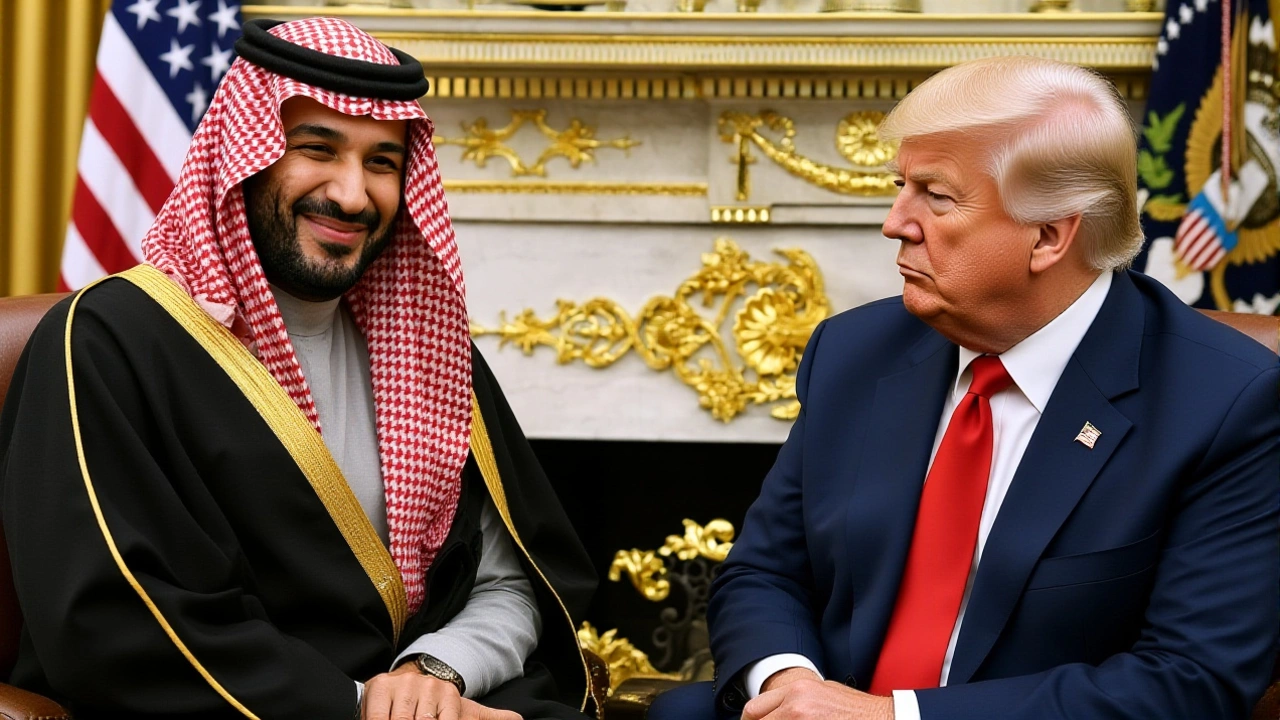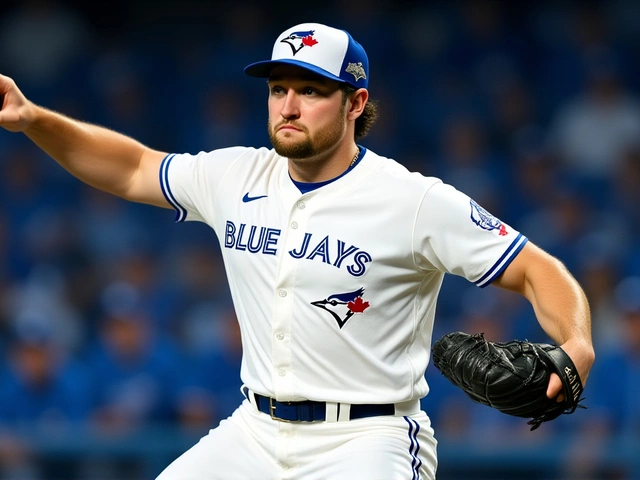At 1:30 p.m. EST on November 18, 2025, the White House’s Oval Office became an unlikely courtroom — not for judges or lawyers, but for a reporter and two of the world’s most powerful men. As Donald J. Trump, the 45th and current U.S. president, sat quietly beside Mohammed bin Salman, Crown Prince of Saudi Arabia, a journalist dropped two bombs: one about the 2018 killing of journalist Jamal Khashoggi, the other about the shadowy ties between Saudi nationals and the September 11, 2001 attacksNew York City. The moment, captured in a 2-minute, 54-second NBC News video, didn’t just expose raw tension — it laid bare the unresolved fractures in one of the most consequential alliances in modern geopolitics.
"You Orchestrated the Murder"
At exactly 12 seconds into the recording, the reporter turned to Crown Prince Mohammed bin Salman and said: "And your Royal Highness, the U.S. intelligence concluded that you orchestrated the brutal murder of a journalist." No preamble. No softening. Just the blunt truth that the Central Intelligence Agency had declared in 2018 — and never retracted. The killing of Jamal Khashoggi, a Washington Post columnist and critic of the Saudi regime, inside the Saudi consulate in Istanbul on October 2, 2018, was carried out by a 15-member team linked directly to the Crown Prince’s inner circle. The CIA’s assessment, leaked to The Washington Post and later confirmed by U.N. investigators, left no doubt: this wasn’t rogue operatives. It was state-sanctioned murder.But the reporter didn’t stop there. Sixteen seconds in, he added: "Nine over 11 families are furious that you are here in the Oval Office." The phrase — "Nine over 11" — was a raw, unvarnished reference to the 2,977 lives lost on 9/11. The "families" meant the Coalition of 9/11 Families, a group that has spent two decades demanding accountability for any foreign involvement. And for years, they’ve pointed to 15 of the 19 hijackers being Saudi nationals, and to financial links between some of them and Saudi individuals tied to the royal family. The Crown Prince’s presence in the Oval Office, just months after Trump’s return to power, was a provocation.
"That’s the Purpose of 9/11"
At the 105-second mark, Mohammed bin Salman finally spoke. Not with denial. Not with anger. But with a chillingly strategic defense. "Reality based on CIA documents," he said, "and based on a lot of documents that Osama bin Laden... used Saudi people in that event for one main purpose: to destroy this relation." He paused. Then: "That’s the purpose of 9/11. Whoever buying that, that means they are helping Osama bin Laden’s purpose of destroying this relation."It was a masterclass in geopolitical spin. By invoking the CIA’s own documents — which, in fact, never claimed Saudi Arabia as an institution was complicit in 9/11 — he reframed the accusation. He turned the victims’ grief into a tool of al-Qaeda’s strategy. His argument? That blaming Saudi Arabia serves Osama bin Laden’s legacy. That the real enemy isn’t the Crown Prince — it’s the idea that U.S.-Saudi ties can be broken. And by suggesting that the families’ anger is being manipulated, he shifted blame from his government to the very people demanding justice.
At 122 seconds, he added: "He knows that strong relation between America and Saudi Arabia is bad for... and it’s been painful for us in Saudi Arabia." The sentence trailed off — but the implication was clear: Saudi Arabia has suffered, too. The kingdom, he implied, is not the aggressor. It’s the target. And in his telling, the U.S. should be grateful for the alliance, not suspicious of its leadership.

"We Did All the Right Steps"
On Khashoggi, he offered a similar narrative. "We did all the right steps of investigation, Saudi Arabia, and we’ve improved our system to be sure that nothing happened like that." No specifics. No names. No prosecutions acknowledged. Just a vague promise of reform. The truth? Saudi Arabia did convict five individuals in 2020 for Khashoggi’s murder — but the masterminds, including Saud al-Qahtani, a former royal advisor, were acquitted. The Crown Prince was never formally charged. And while Riyadh did tighten internal oversight of its diplomatic missions, human rights groups like Human Rights Watch and Amnesty International say the changes are cosmetic — designed for Western audiences, not accountability.Trump, meanwhile, said nothing. Not a word. He didn’t look at the reporter. Didn’t react. Just sat, arms crossed, expression unreadable. That silence spoke volumes. Since 2017, Trump has repeatedly downplayed Khashoggi’s murder, calling it "a terrible thing" but insisting the U.S. needs Saudi Arabia for oil and arms deals. His administration approved $110 billion in arms sales to Riyadh. His son-in-law, Jared Kushner, was a key architect of the deal-making. And now, with Trump back in office, those ties are stronger than ever — despite the blood on the table.
Why This Matters Now
This isn’t just about two men in a room. It’s about how power rewrites history. The U.S.-Saudi relationship, formalized in 1945 when Franklin Roosevelt met King Abdulaziz on the USS Quincy, has always been transactional: oil for protection. But post-9/11, the moral cost grew heavier. And after Khashoggi, the world watched as the U.S. chose convenience over conscience. Now, with the Crown Prince seated beside a president who once called him "a friend," the message is clear: some crimes are forgiven if the price is right.And the families? They’re still waiting. The 9/11 families have filed lawsuits against Saudi officials in U.S. courts. In 2023, a federal judge allowed a case to proceed — the first time a U.S. court opened the door to holding Saudi royals accountable. But with Trump back in the White House, that door may slam shut again.

What’s Next?
No official statement followed the meeting. No press briefing. No White House press release. That silence is itself a decision. Analysts say the Saudis are likely pushing for a new defense pact — possibly including advanced F-35 fighter jets and expanded nuclear cooperation. Trump, facing re-election, won’t risk alienating a key ally. Meanwhile, Congress is quietly drafting the Justice for Victims of State-Sponsored Terrorism Act, which would allow families to sue foreign governments directly. But without Biden’s support, it’s dead on arrival.The real question isn’t whether the Crown Prince ordered Khashoggi’s killing. The CIA already said he did. The real question is: how long will the world pretend otherwise?
Frequently Asked Questions
How did the CIA conclude Mohammed bin Salman ordered Khashoggi’s murder?
The CIA’s 2018 assessment was based on intercepted communications, forensic evidence from the consulate, and testimony from Saudi operatives who later confessed. One key piece: a phone call between the Crown Prince’s personal advisor and the hit team leader just minutes before Khashoggi entered the consulate. The agency concluded the operation was too precise, too coordinated, and too high-risk to have occurred without the Crown Prince’s approval.
Why do 9/11 families believe Saudi Arabia was involved?
Fifteen of the 19 hijackers were Saudi nationals, and U.S. intelligence found financial transfers from Saudi individuals — including some with ties to royal family members — to the attackers. While the 9/11 Commission found no evidence of official Saudi government involvement, the families argue that state silence and obstruction of investigations suggest complicity. A 2021 declassified report revealed Saudi officials provided housing and logistical support to some hijackers.
What has changed in Saudi Arabia since Khashoggi’s killing?
Saudi Arabia established a new media oversight body and restructured its diplomatic security protocols. But human rights groups report no meaningful changes in press freedom or accountability. Khashoggi’s murder remains the most visible symbol of Saudi repression. The Crown Prince’s reforms focus on economic modernization, not political openness — and dissent is still punished with imprisonment or exile.
Why didn’t Trump respond to the reporter’s questions?
Trump has a long history of avoiding direct confrontation on Saudi human rights abuses. In 2018, he dismissed the CIA’s findings as "circumstantial" and insisted the U.S. couldn’t afford to lose Saudi Arabia as a partner. His silence in 2025 wasn’t an oversight — it was strategy. He’s betting that economic and military ties outweigh moral outrage, especially with oil prices and Iran looming large on his agenda.
Is there legal recourse for Khashoggi’s family or 9/11 victims?
Khashoggi’s fiancée, Hatice Cengiz, is pursuing civil claims in U.S. courts under the Alien Tort Statute. For 9/11 families, a 2023 federal ruling allowed them to sue Saudi officials directly — a legal breakthrough. But without U.S. government cooperation, enforcing judgments against foreign officials remains nearly impossible. Trump’s return makes enforcement even less likely.
What’s the long-term impact on U.S.-Saudi relations?
The alliance is surviving — but it’s hollowed out. European allies are distancing themselves. China is stepping in with alternative energy deals. Younger Americans, especially Gen Z, increasingly reject the partnership. The Crown Prince’s image as a reformer is crumbling under scrutiny. And if the U.S. keeps ignoring its own intelligence, the moral authority of its foreign policy will keep eroding — no matter how many F-35s it sells.



